
El STF de Brasil declaró parcialmente inconstitucional el artículo 19 del Marco Civil de Internet, permitiendo la responsabilidad civil de plataformas digitales incluso sin orden judicial en ciertos…

Transformative uses represent a novel form of creative expression that is emerging within digital contexts. Advances in technology have expanded the need and scope for transforming protected works, in ...

Latin America can address the environmental and health risks of microplastics through stronger legal frameworks. Effective regulation is key to tackling pollution, protecting public health, and foster ...

Latin America’s legal and IP frameworks can better support upcycling by removing regulatory barriers, encouraging innovation, and promoting inclusive, resource-efficient entrepreneurship across divers ...

Unlocking Latin America’s Hydrogen Future: Developing strategic intelligence and regulatory proposals to map patents, address competition risks, and promote innovation, fair access, and affordable ene ...

Exploring how Latin American legal systems can better address greenwashing by strengthening unfair competition rules and enforcement. Clearer legal standards, institutional coordination, and regulator ...

Latin America can promote the use of bio-based agricultural inputs by addressing regulatory gaps, improving national capacities, and supporting greener, more resilient farming through clear, effective ...
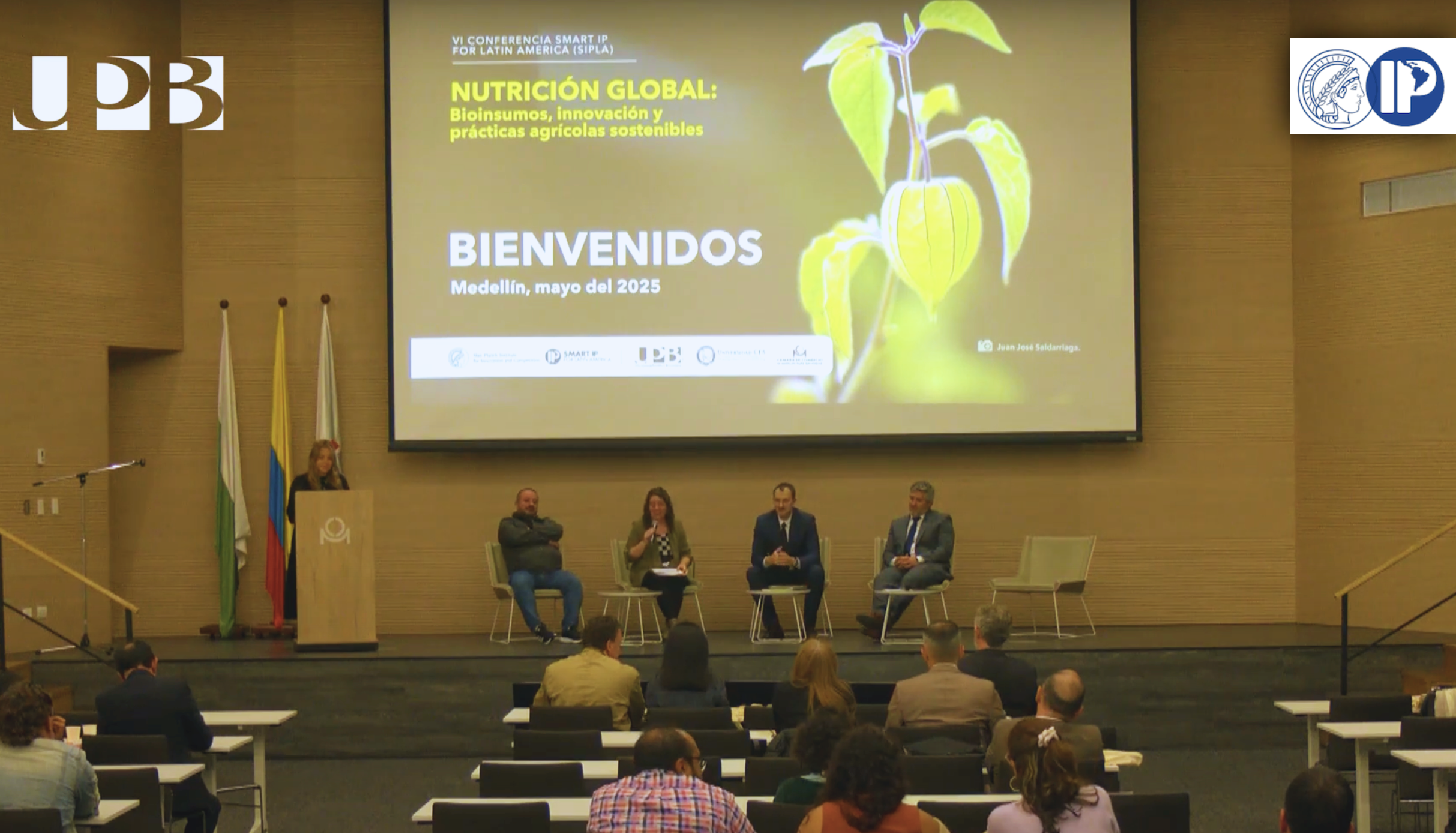
Global Nutrition: Bio-inputs, innovation and sustainable agricultural practices.
The VI SIPLA 2025 Conference, held in Medellín, brought together experts from Latin America to discuss bio-inputs, which are emerging as a strategic alternative for transforming agriculture, as technologies that can promote more sustainable, accessible and autonomous food production, exploring their potential, regulatory challenges and the region's key role in agri-food innovation.
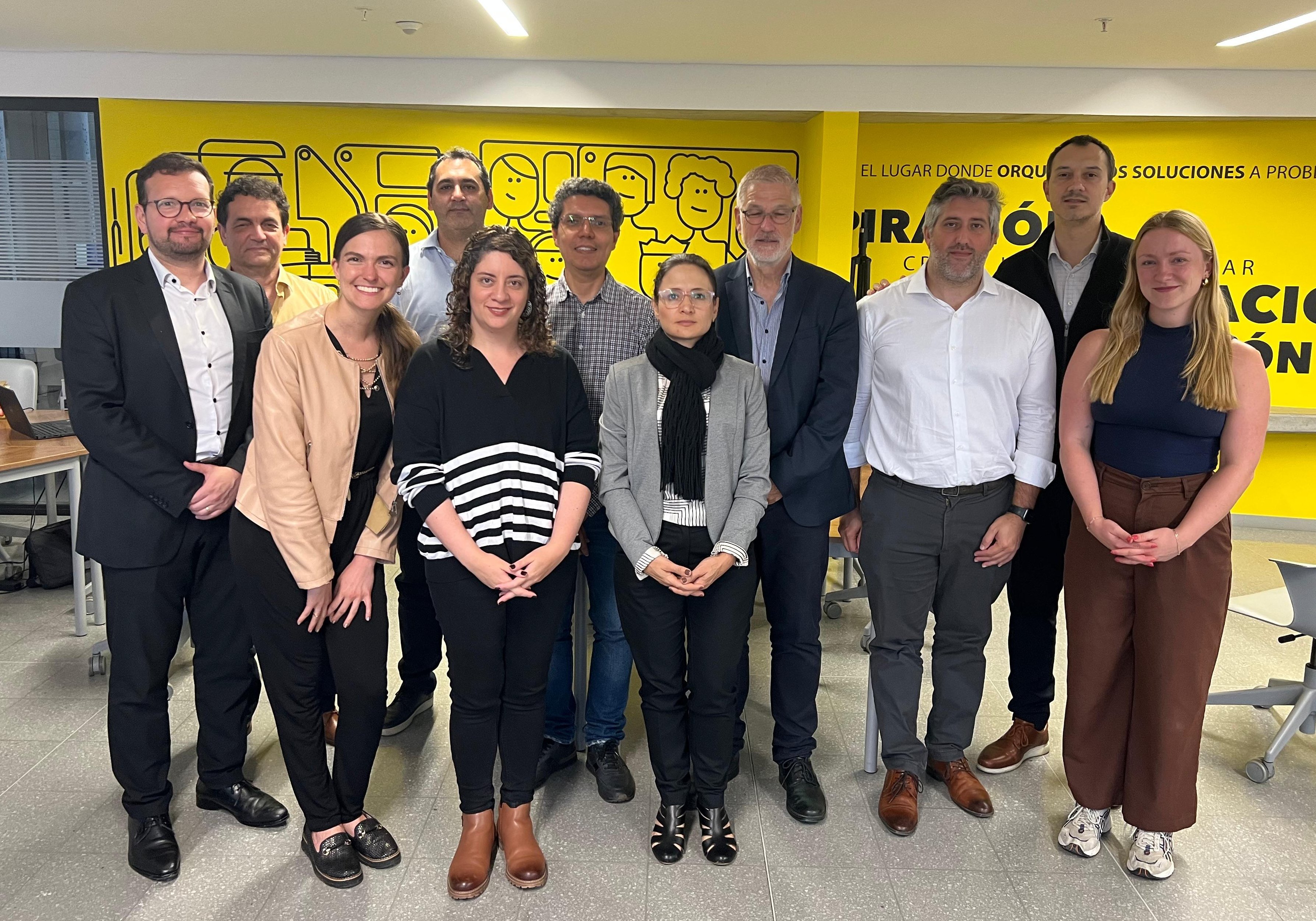
The workshop aimed to examine the challenges and opportunities facing Latin America in terms of hydrogen storage, from a legal and technological perspective. In particular, it focused on the implications of patent concentration in key technologies, as well as barriers to entry and risks to competition.

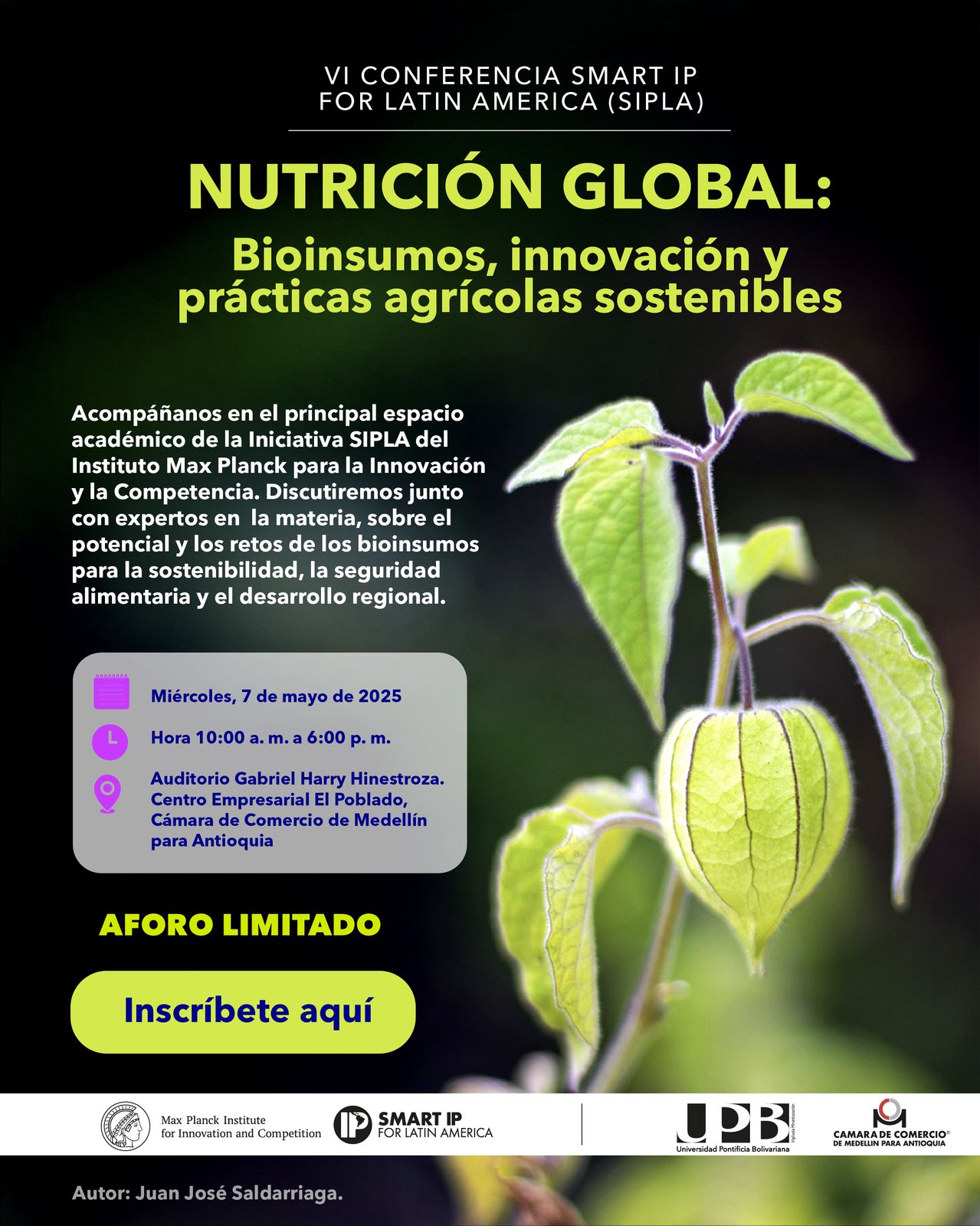
Global Nutrition: Bio-inputs, innovation and sustainable agricultural practices.
7 May 2025. Medellin, Colombia.
The VI Annual Conference of the SIPLA Initiative continued its analysis of global nutrition issues, focusing this time on bio-inputs as a possible solution for sustainable and innovative food production. The potential and technical challenges of bio-inputs, their production and use in Latin America, relevant regulatory frameworks, and the impact of intellectual property and regional integration on agricultural and innovation processes related to these technologies were discussed.
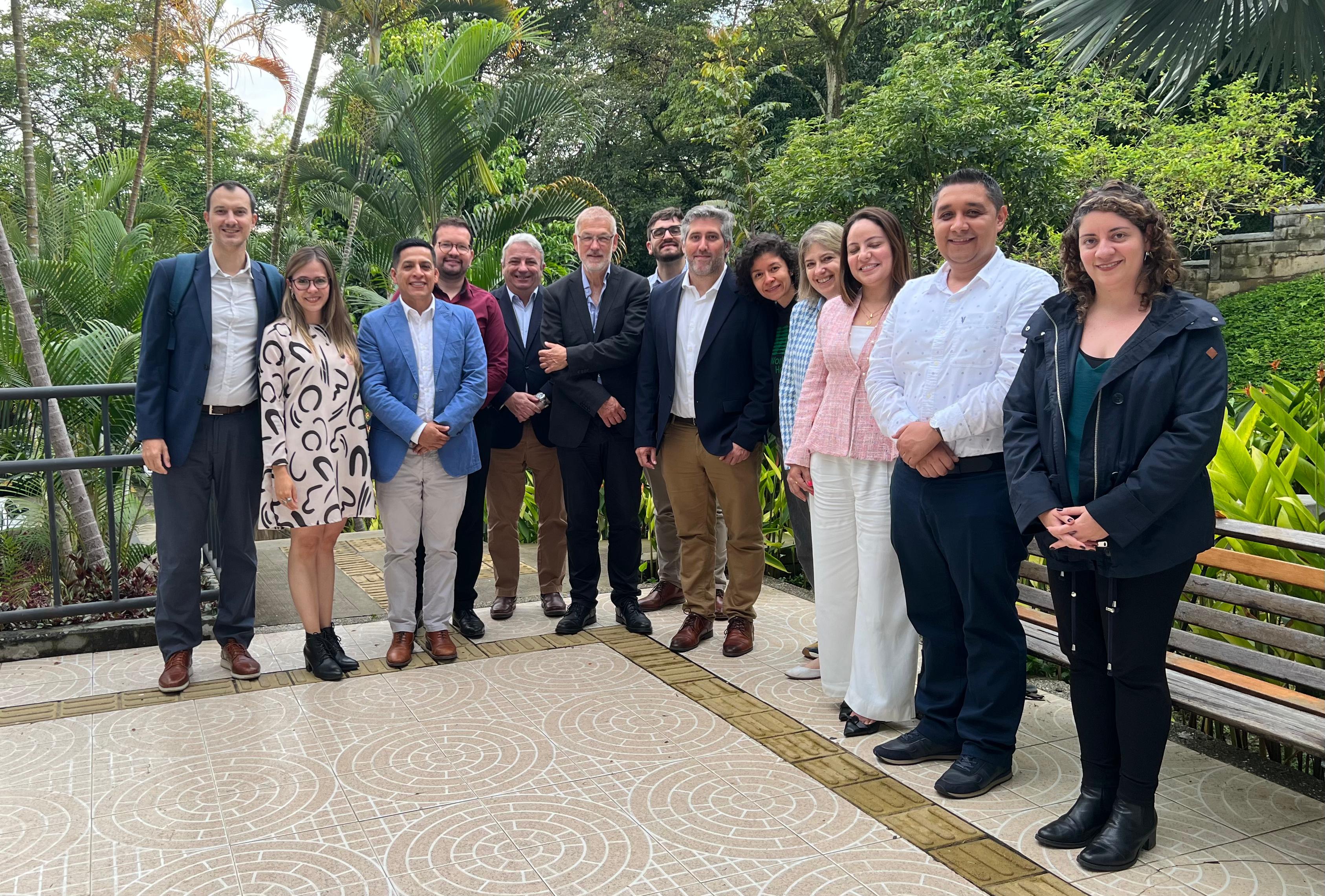
The workshop held in May focused on the analysis and consolidation of the fourth section of the “Regional Instrument for the Protection of Social, Economic and Environmental Interests in Patent Law.” This section, dedicated to explanatory notes, was addressed with the aim of defining common criteria on their interpretative function and their link to previously agreed regulatory commitments.
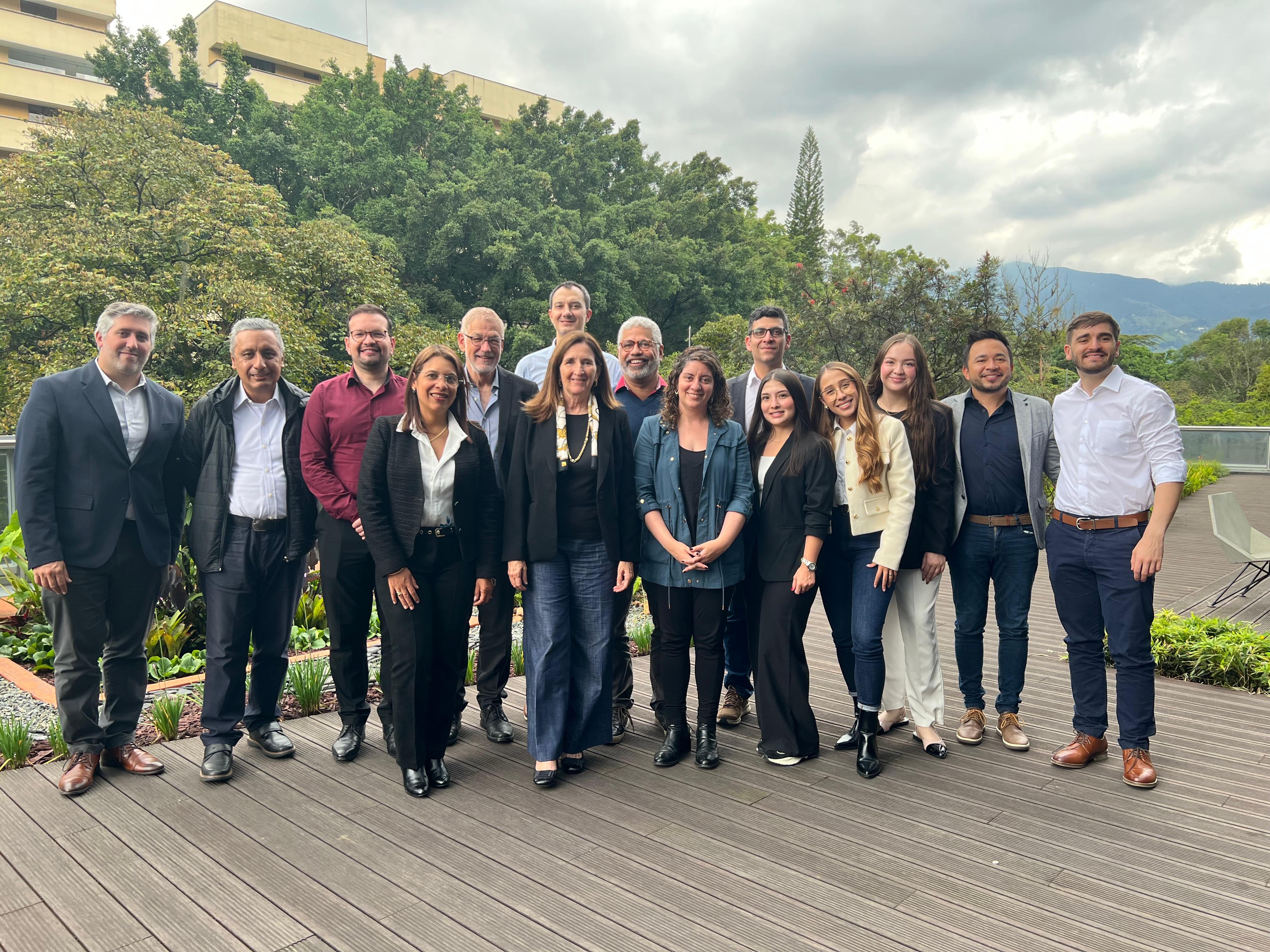
As part of the copyright research programme, a specific workshop was held on the compensation for transformative uses project. This academic event took place at the Medellín Chamber of Commerce for Antioquia, in the city of Medellín, Colombia. The concept of transformative uses v. transformation of protected works was discussed, as well as the possibility of implementing compensation mechanisms in the specific context of Latin America, with the aim of encouraging creation and balance in the market.
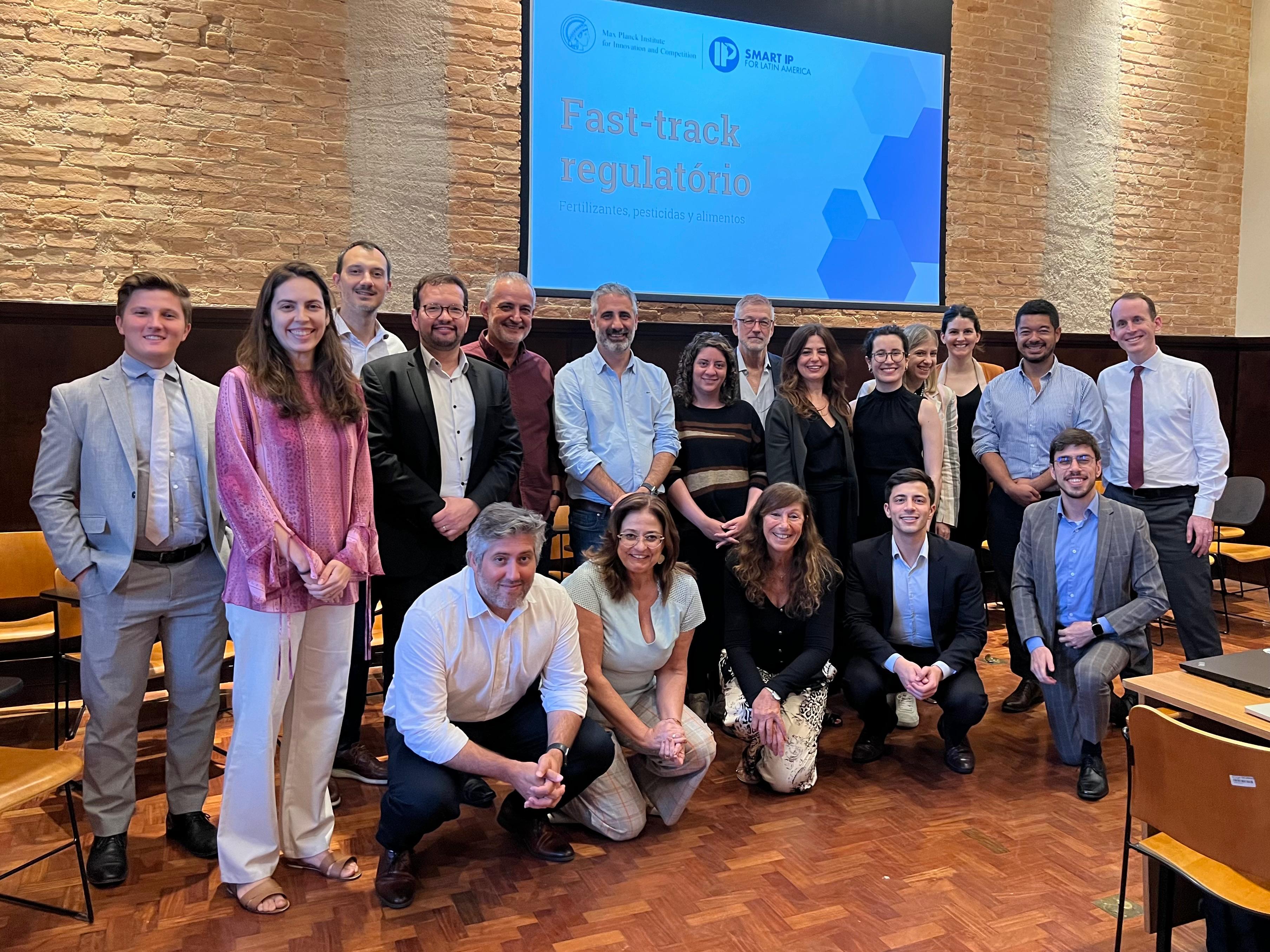
The workshops aimed to examine possible designs of regulatory fast track procedures for biofertilizers and biopesticides in Latin America countries.

El STF de Brasil declaró parcialmente inconstitucional el artículo 19 del Marco Civil de Internet, permitiendo la responsabilidad civil de plataformas digitales incluso sin orden judicial en ciertos…

El Tribunal de Justicia de la Comunidad Andina interpretó el alcance del derecho de comunicación pública, de los actos de disposición y de la gestión colectiva respecto de la sincronización de una…

La Cámara Nacional de Apelaciones en lo Civil y Comercial Federal de Buenos Aires confirmó que el uso no autorizado de una marca notoria como palabra clave en enlaces patrocinados puede constituir…

El STJ de Brasil autoriza el registro de una marca previamente denegada por el INPI. El STJ validó el uso del recurso de mandamus y concedió el registro de una marca considerada genérica por el…